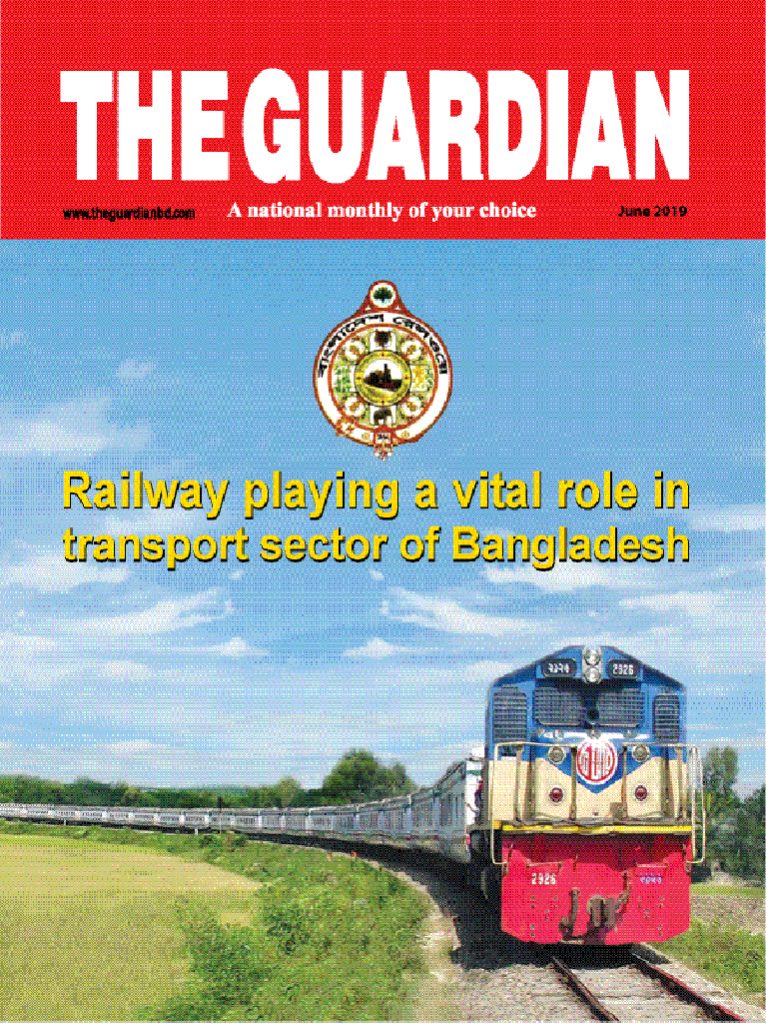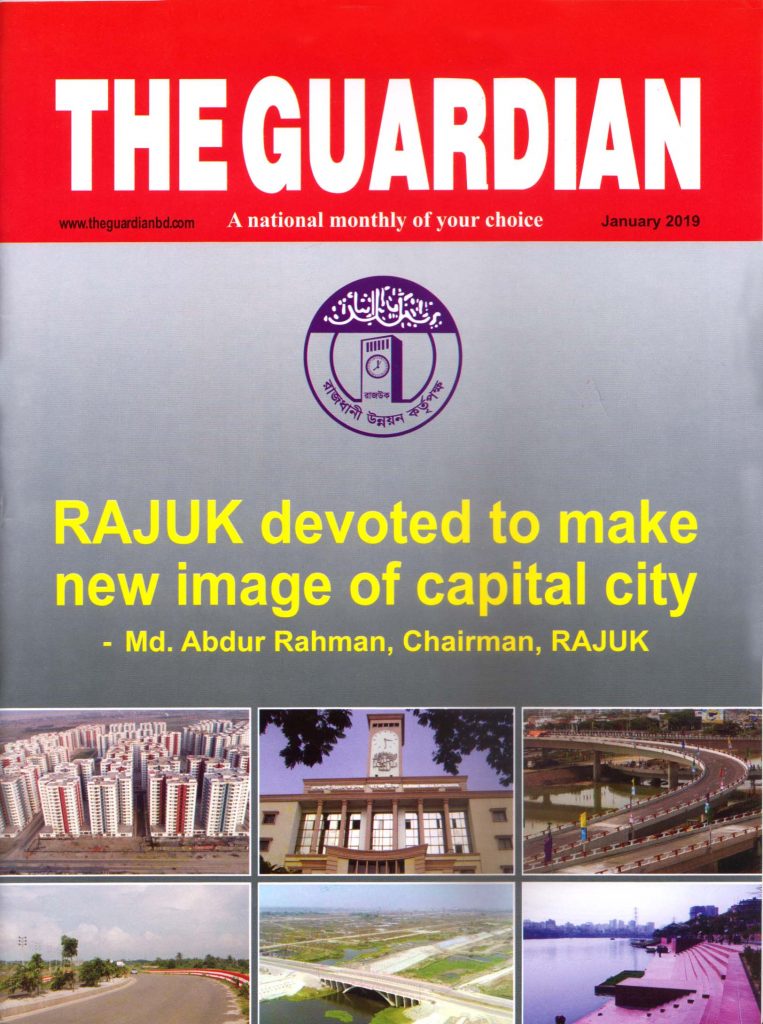Although a very small country, Panama is used to getting attention, for reasons good and bad.
This Central American nation has often been in the middle of events with an impact far beyond its borders, from the engineering marvel that is the Panama Canal to the country’s many political storms.
Even so, people here have reacted with surprise – and indignation – after seeing their country’s name linked to a hashtag that is shaking the world.
For many locals, to talk about #PanamaPapers is in itself an injustice, as the name tarnishes the whole country with an alleged complicity in international tax evasion.
They claim the accusations should instead be directed at a minuscule segment of their society.
And anyway, they insist, the Panamanian companies involved were not doing anything different to firms in other financial capitals across the world.
Panama is indeed a large and sophisticated offshore financial centre, whose companies help manage, in one way or another, large fortunes from all corners of the planet.
But how does all of that money impact the everyday life of normal Panamanians?
For a visitor, the prosperity of parts of the country is evident from the moment the plane flies over the capital, affording the first glimpse of Panama City from above.
The city centre is so ostentatious that a Trump luxury hotel tower, 284 metres high and until 2012 the tallest building in Latin America, goes almost unnoticed among the dozens of skyscrapers crowding the horizon.
Some people say it reminds them of Dubai, others say it looks like Miami.
Panama City has done a good job in attracting cash to the country, home to just four million people and with relatively few natural resources other than its geographic location.
The financial sector is key to the country’s wealth, representing around 7% of GDP.
And in a business where reputation is everything, many fear the effect the scandal could have on the industry’s future growth.
But Rafael, the taxi driver who takes me from the airport into the city centre, does not necessarily see it as his problem. He views it as a quarrel among elites.
“It is a white people’s dance,” he says disdainfully.
He will not give me his full name, objecting that “you never know who you are talking to”.
But after a few minutes of conversation, he acknowledges his own life has been closely affected by the financial industry’s ups and downs.
He says he worked with one of the many Western banks that came to Panama during the 1970s boom, when Latin America was awash in petrodollars and the country helped manage many of the region’s fortunes.
But in the 1980s the petrodollars vanished. Panama was stigmatised as a money laundering centre for drug cartels, the bank left, and he ended up without a job.
The financial sector eventually recovered and is now a central part of the economy, together with the Panama Canal, helping the country become more prosperous than most of its neighbours.
With this wellbeing threatened, it is no wonder that political and business leaders in Panama treat the scandal as little less than an act of foreign aggression against the nation.
La Estrella, one of the main local newspapers, carried a front page headline claiming that “The Panama Papers are a global attack against the financial system”.
“The criticism Panama is getting is unfair. It is media sensationalism,” Gian Castillero, an adviser to the foreign ministry, says.
This week’s revelations on the mechanisms used by the rich and famous to hide their fortunes refer to multiple jurisdictions, he claims, but the world is only focusing on one: Panama.
“There is no supervision problem in the government of Panama,” he insists, adding that the country has submitted to several international benchmarking processes on its standards.
“There is a commitment to transparency.”
On social media, some Panamanians have undertaken a likely quixotic crusade to change the #PanamaPapers hashtag to one that is less compromising of their country’s reputation.










